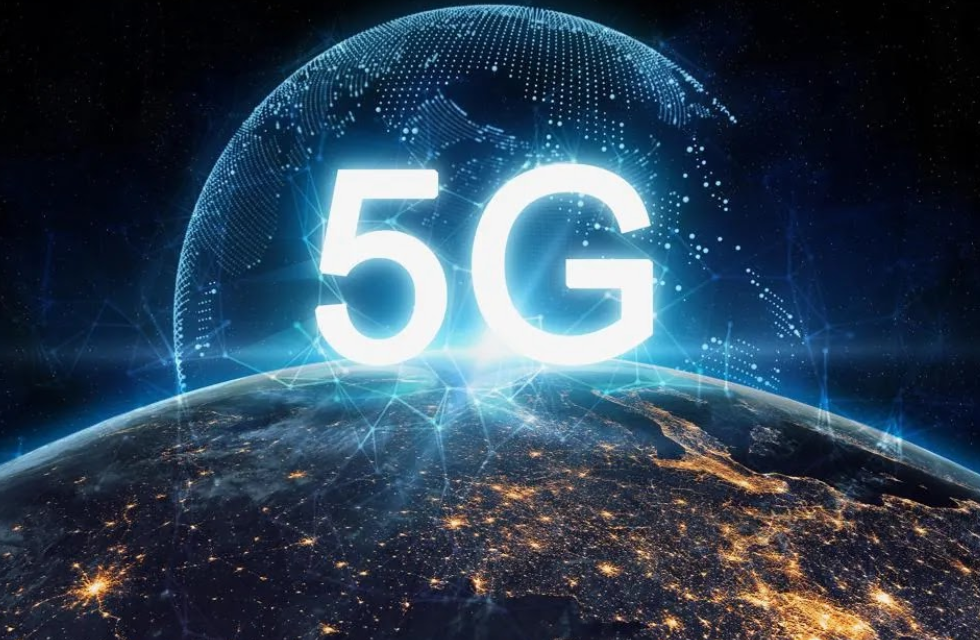Introduction:
In the rapidly evolving landscape of telecommunications, 5G technology has emerged as a game-changer, promising ultra-fast connectivity and transformative possibilities. As the fifth-generation wireless technology continues to roll out across the globe, its impact is particularly significant in a technologically advanced country like Canada. In this blog post, we will explore the key aspects of 5G technology and its implications for Canadians.
1. The Evolution of Connectivity: From 1G to 5G
To truly understand the significance of 5G, it’s essential to trace the evolution of mobile networks. From the first generation (1G) that enabled basic voice communication to the current 4G networks that brought mobile internet to the masses, each generation has marked a leap forward. Now, with 5G, we are entering an era where data speeds and connectivity reach unprecedented levels.
2. The Speed Revolution: Breaking Barriers with 5G
One of the most remarkable features of 5G is its unparalleled speed. With download speeds potentially reaching up to 20 gigabits per second, streaming high-definition content, virtual reality experiences, and real-time communication will become seamless for Canadians. This speed revolution holds the promise of enhancing user experiences across various applications.
3. The Internet of Things (IoT) Revolution
Beyond speed, 5G opens the door to a massive expansion of the Internet of Things. The increased bandwidth and low latency of 5G networks make it the ideal foundation for connecting a myriad of devices, from smart homes and cities to industrial machinery. Canadians can anticipate a surge in smart technologies that will redefine the way they live, work, and interact with the world around them.
4. Transforming Industries: 5G and Business
Businesses in Canada are set to benefit significantly from 5G technology. The enhanced connectivity and capabilities will drive innovation across industries, from healthcare and education to manufacturing and transportation. With the ability to deploy advanced technologies like augmented reality and machine learning in real-time, businesses can optimize operations and create new, efficient ways of delivering products and services.
5. Addressing Challenges and Future Prospects
While the promise of 5G is immense, it is not without its challenges. Issues related to infrastructure, security, and privacy need to be addressed to ensure a smooth transition to this new era of connectivity. Moreover, ongoing research and development will shape the future of 5G, with potential advancements such as 6G on the horizon.
Author Introduction: Pritish Kumar Halder
As a technology enthusiast and advocate for digital transformation, Pritish Kumar Halder brings a wealth of knowledge and insights into the world of telecommunications. With a background in telecommunications engineering and a passion for exploring the impact of emerging technologies, Pritish Kumar Halder is dedicated to keeping readers informed about the latest trends and developments.











